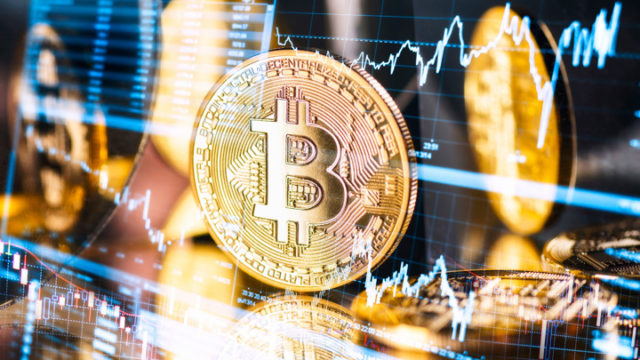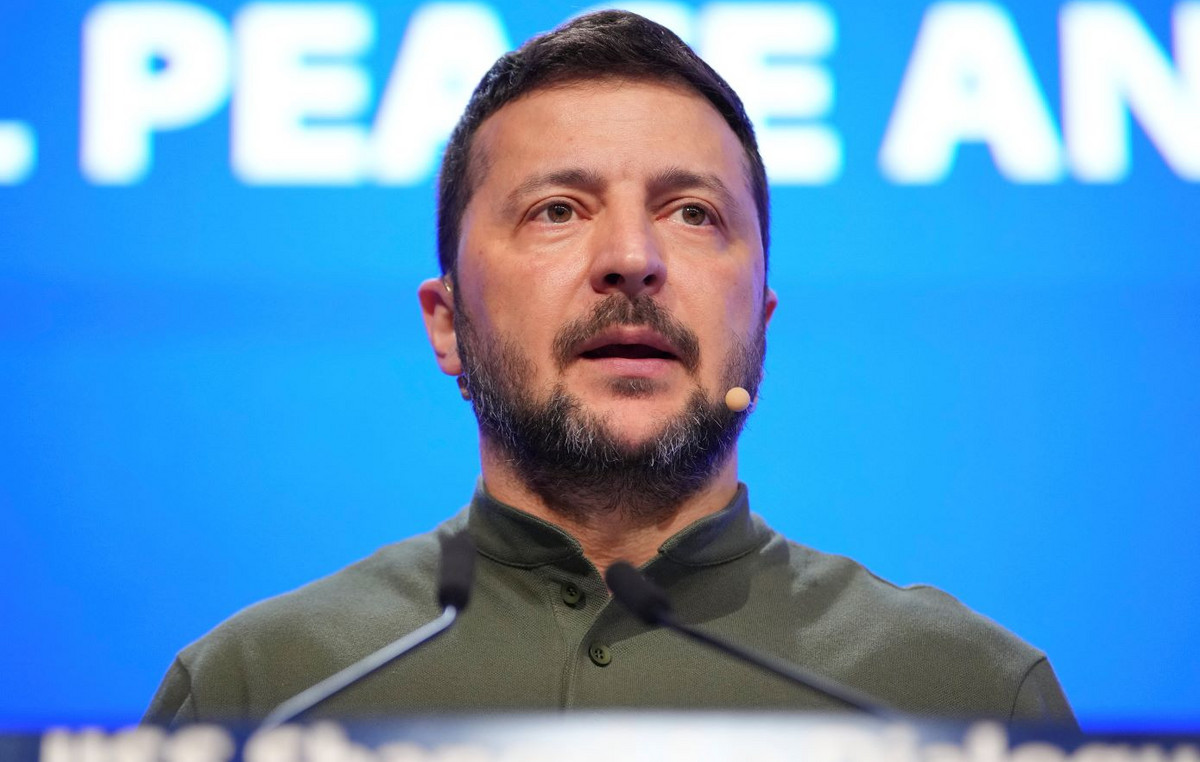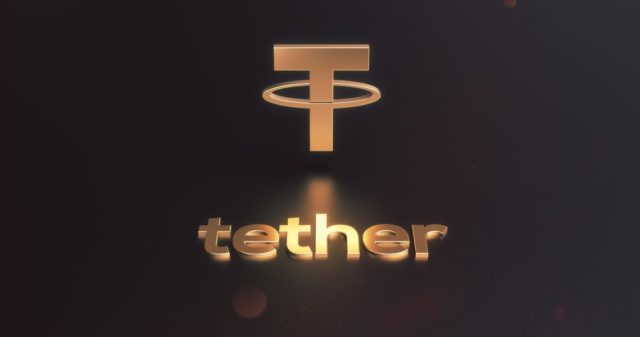The collective letter was signed by the Defi (Defi Education Fund), Coinbase, Kraken, Ripple, A16Z, UNISWAP Labs, as well as more than a hundred Cryptine participants, the Senate Committee of the Senate Committee on Agriculture was sent.
The authors of an appeal to the congressmen said that the current rules do not provide protection for the developers of the program code. The gaps in legislation led to the fact that the courts and law enforcement agencies consider developers intermediaries or participants in fraudulent operations.
The letter contains data from Electric Capital, according to which the share of open source blockchain solutions in the United States decreased from 25% in 2021 to 18% in 2025, which is mainly explained by the uncertainty of the legislation.
“In order to create a favorable environment in which innovators throughout America will be able to confidently and safely build financial infrastructure, the final version of the legislation on the structure of the market should include clear federal protection measures for the developers of the blockchain infrastructure and non -castodial services suppliers,” the letter said.
The coalition participants insist: individuals and legal entities are not subject to criminal or other persecution only for participating in the development, creation, publication or support of blockchain networks, as well as to ensure user access to these networks through software interfaces. The legislation should not differentiate the developers depending on the type of software created, if they do not act as intermediaries and do not control user assets, the authors of the letter offer.
Earlier, the representative of the US Ministry of Justice, Matthew Galeotti), said at a meeting with representatives of the crypto industry that a simple spelling of a program code without the intention of committing a crime is not a criminal offense.
Source: Bits
I am an experienced journalist, writer, and editor with a passion for finance and business news. I have been working in the journalism field for over 6 years, covering a variety of topics from finance to technology. As an author at World Stock Market, I specialize in finance business-related topics.







